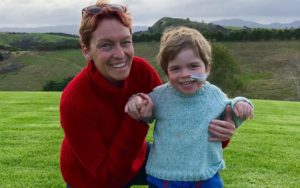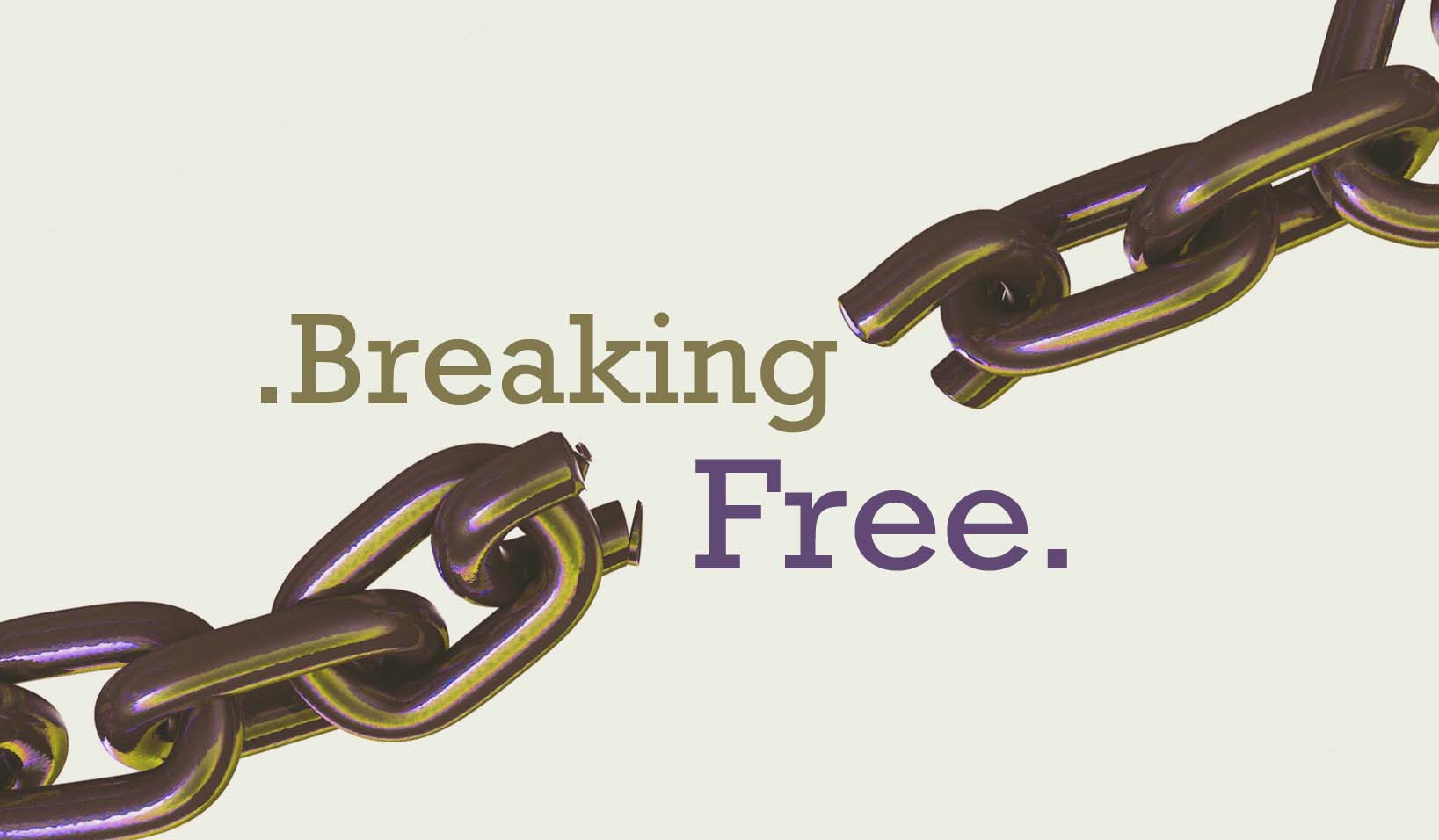If you quietly struggle with a deep sense of unworthiness, this blog is for you.
Our sense of self is being formed initially through our relationship with our caregivers.
Our parental values and their behaviours are deeply woven into who we are.
In the previous blog, I wrote about how a sense of trust is cultivated through our relationships with our parents.
When a parent is responsive, attuned and consistent to their child’s self-expression, a child will begin to trust himself and others.
By contrast, what would happen when the child reaches out to his caregiver for comfort and feels ignored, annoyed or punished in return?
He will become afraid to express himself spontaneously.
The child will interpret his need as “bad.”
The child will result in renouncing his need in order to be attuned to others’ need and behaviour.
For the child losing parental attention and care means a death.
He is dependent on his parents and he emotionally needs them. As a result the child develops a “compromised false self”.
In this way a child learns to assimilate values and attitudes that he took in from his parents into himself, rather than valuing how he actually feels.
A well-known psychotherapist, Carl Rogers, calls this “conditions of worth”; our self-worth becomes conditioned in early life.
Our early relational experiences of feeling “unmet” lead to a sense of unworthiness in later life.
Even though we do not remember our early experiences, they are ingrained inside us as implicit memories and have far-reaching effects on our subsequent self-other experiences.
Early implicit relational knowing shapes core belief.
This is an unconscious belief of ourselves and what we expect from others. These core beliefs are hard to alter because of their unconscious operation.
Psychotherapy is the art of being with unresolved emotions that were previously unfelt and unspoken.
In psychotherapy, therapist and client uncover the client’s emotional truths in an “atmosphere of acceptance, respect, and compassionate efforts to understand” provided by the therapist. Healing slowly occurs as a client recognises and feels the parts of them which have been suppressed, ignored, denied or pushed away.
Thank you for reading!
Please feel free to contact me!
Email: seikotherapies@gmail.com
Facebook: @seikotherapy
Line ID: @smileseikoxo






